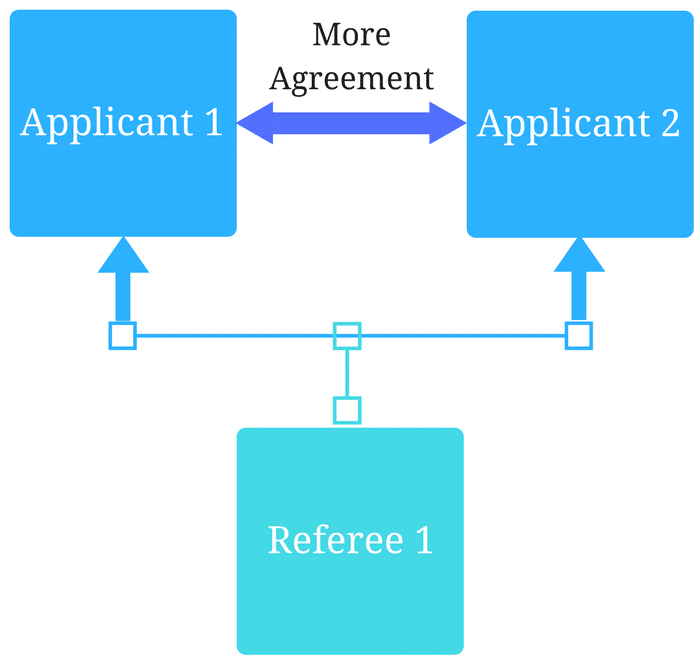Exploring the Complex Landscape of University Admissions

November 16, 2023
When a student gets ready to apply for post-secondary education they’re entering a new and exciting chapter – however, the actual application process can feel overwhelming and daunting. The university or college application process is a pivotal moment that has implications on a student’s future education and career aspirations. The choices made during this phase can set the course for a lifetime. Acuity Insights is on a mission to revolutionize this critical journey – to ensure that the application process is fair for all students.
This week on the Holistic Success Show, Andrea Wright, Market Strategy Manager at Acuity Insights, shared her insights on the evolution of admissions, its lessons, and the potential for admissions reforms to create both fairness and effectiveness. Andrea’s previous experience includes working in recruitment and admissions at Queen’s University’s Smith School of Business in Kingston, Ontario.
How to create a career in admissions
The journey to a career in admissions can take various paths, often welcoming individuals with varying initial aspirations. In Andrea’s experience, two pivotal insights stand out as valuable lessons she wishes she had known when embarking on this role.
Firstly, there’s the intricate challenge of comprehending and navigating the intricate landscape of education systems and grading methodologies. These factors hold significant sway in the admissions sphere, but they vary widely from one institution to another. Deciphering the meaning of a “3” in one educational system compared to a “B” in another can be a complex puzzle.
Secondly, there’s a vital interplay between recruitment and admissions. The significance of recruitment efforts cannot be overstated when it comes to attracting and enrolling students. Ultimately, enrollment represents the primary objective of admissions, and a robust recruitment process that widens pathways and is representative paves the way for an enhanced admissions process and increased enrollment.
What are some challenges that university admissions teams are facing?
In today’s admissions process, there are several key challenges:
- Assessing non-academic skills: Employers and faculties want to see evidence of students’ non-academic skills like teamwork and communication. Admissions professionals struggle to measure these skills in a quantifiable way, especially due to accreditation requirements.
- Student retention: Retaining students, especially in demanding programs like engineering, has become tougher due to COVID-19. Admissions teams are trying to identify students who might struggle with the transition to university life and time management during the admissions process.
- Supporting student success: Admissions professionals aim to identify students who may face academic difficulties early on. The goal is to empower support groups like academic advisors to help these students before their challenges become overwhelming and lead to dropping out.
Across disciplines, what is the number one skill people are asking for?
In the dynamic realm of education, there’s a noticeable shift towards valuing non-academic skills, alongside traditional knowledge. This shift, particularly prominent in fields like business education, is driven by the rise of AI and societal concerns.
- Enter durable skills: These skills, including effective communication, adaptability, empathy, and ethics, have taken center stage. They’re the toolkit for navigating the complexities of today’s professional world, regardless of your field.
- Institutional commitment: Academic institutions are at the forefront, recognizing that education must encompass more than just knowledge. They’re actively working on innovative approaches to help students not only acquire but also nurture these vital non-academic skills.
How can institutions distinguish themselves and promote non-traditional pathways in admissions?
- Ensure that your admissions team possesses a strong understanding of international education and grading systems. Consider investing in training to improve this knowledge.
- Identify what sets your institution apart from competitors and demonstrate how individuals from non-traditional pathways can thrive and belong at your institution.
- Recognize that the challenges you face are likely not unique. Collaborate with other institutions to find solutions, and explore industry and professional partnerships to support your efforts.
Find out more about how Casper can help you to assess your applicant’s soft skills.
Related Articles

How interviews could be misleading your admissions...
Most schools consider the interview an important portion of their admissions process, hence a considerable…
Reference letters in academic admissions: useful o...
Because of the lack of innovation, there are often few opportunities to examine current legacy…
